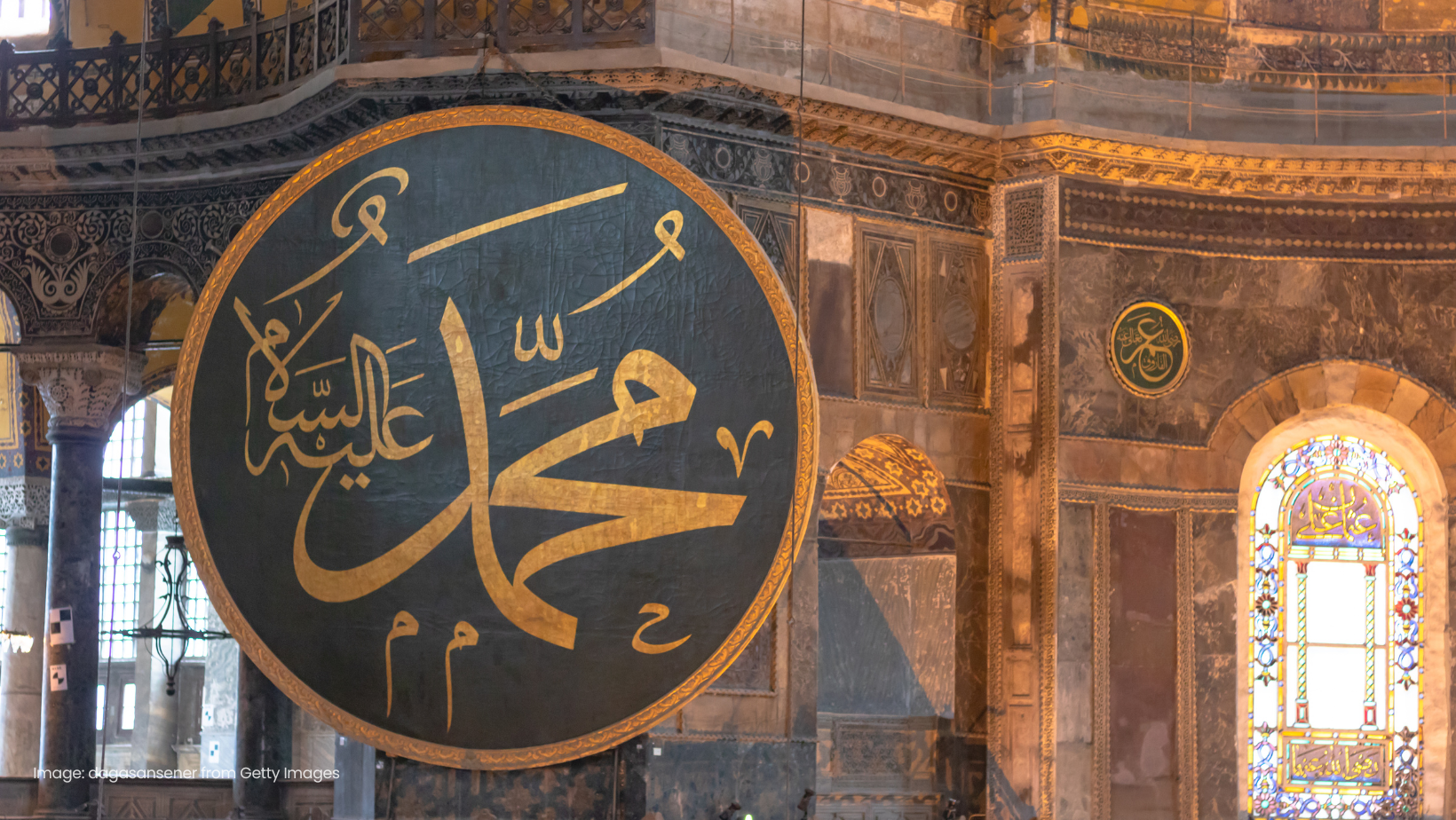
Michael Hart, author of The 100: A Ranking of the Most Influential Persons in History, has ranked Prophet Muhammad as the only human in history to be successful at both religious and non-religious aspects of life. As someone who is seen as perfect and an ideal human being, his actions and his way of life are the most important sources for Muslims to follow.
How is Prophet Muhammad perceived as a leader?
Protective leader
The Prophet Muhammad showed a protective attitude towards his followers, even in the face of extreme persecution. Despite knowing the risks involved in openly professing faith in Islam, he continued to call people to the religion, showing concern for their well-being. When his followers faced ruthless torture and even execution for their beliefs, he demonstrated mercy, goodwill, and protective concern for them. Despite enduring brutal abuse himself, he never wavered in his commitment to supporting and protecting his followers, both physically and spiritually. This exemplifies his compassionate and protective leadership style, where he prioritized the safety and well-being of his community, even in the midst of intense opposition.
Strongness and resilience
Despite facing ruthless torture, abuse, and persecution from his enemy, he remained steadfast in his mission and never wavered in his commitment to spreading Islam. Even during the Battle of Uhud, when he was severely injured, he demonstrated resilience by forgiving his enemies and praying for their guidance instead of seeking revenge. Additionally, his ability to forgive individuals like Hind bint ‘Utbah and Waḥshī, who had committed grave offenses against him and his family, showcases his resilience and capacity for compassion and forgiveness, even in the face of hardship.
Self sacrifice
In modern times, self-sacrificing leaders might look a bit different than in the past. During his time, Prophet Muhammad has shown sacrificing himself by getting hurt and injured to protect the people below him. This action reflects a leader’s willingness to put the needs and well-being of their followers above their own. Today, leaders may sacrifice themselves, whether it be for their own well-being, financial responsibility, emotional support or even advocating for a fair policy within the organisation. This self-sacrifice quality builds trust, loyalty, and respect among followers. Leaders who exhibit self-sacrifice demonstrate their commitment to the group’s goals and the welfare of their team, making them more effective and inspiring.
Honest and trustworthy
Prophet Muhammad is also known by the nickname Ṣādiq al-Amīn, which means truthful and trustworthy. Despite facing persecution, his clansmen called him “al-Amīn” (the Trustworthy). According to ‘The Final Prophet: Proofs for the Prophethood of Muhammad’ book, even non-Muslim figures like Thomas Carlyle acknowledged his sincerity. When Heraclius, the Byzantine emperor, investigated his claims of prophethood, he found no evidence of lying or betrayal. The Prophet (peace be upon him) consistently upheld his honesty, even in difficult situations like the death of his son Ibrahim and the Battle of Badr.
Disclaimer: The source of the context above comes from “The Final Prophet: Proofs for the Prophethood of Muhammad” book.
Conclusions
Prophet Muhammad’s leadership qualities serve as powerful lessons for anyone seeking to emulate his exemplary character. His protective attitude towards his followers, demonstrated through his unwavering commitment to their well-being even in the face of extreme challenges, has proven how strong his leadership is. His leadership qualities, acknowledged by both Muslims and non-Muslims, continue to inspire and guide individuals to this day.




